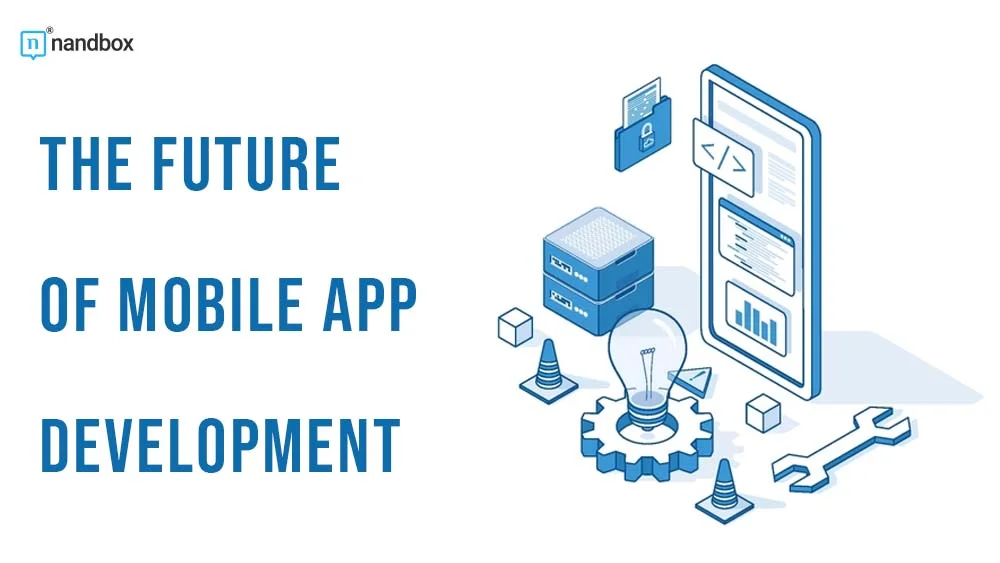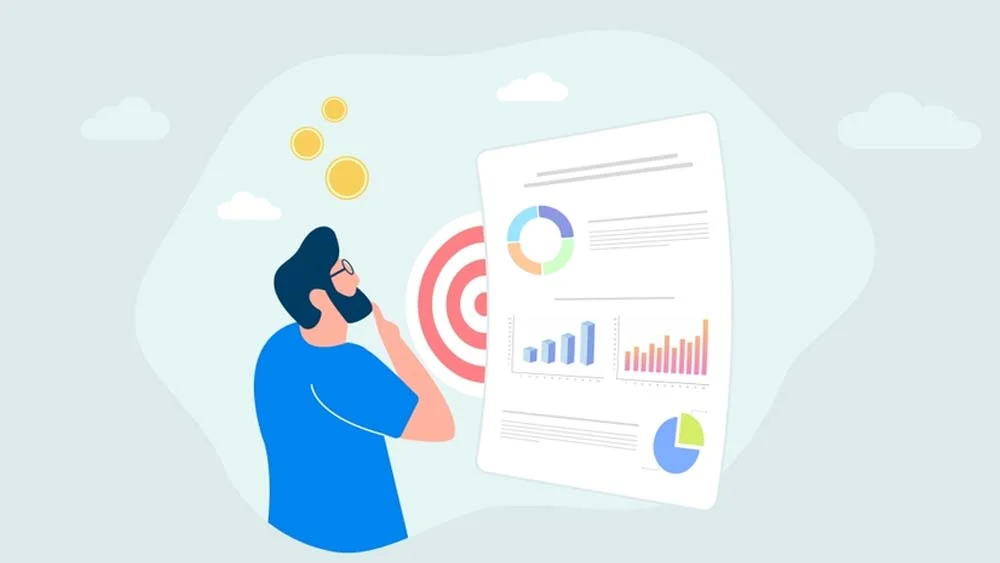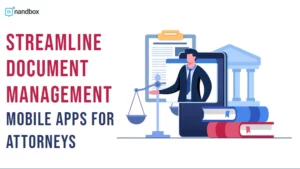The global increase in smartphone ownership is a testament to the rapid surge of mobile technology. Latest data shows there are 5.48 billion unique mobile phone subscribers globally, accounting for as much as 68.3 percent of the population. The exponential growth in smartphone usage has made mobile apps a crucial touchpoint for businesses to connect with their customers. With more devices capable of precise location tracking, leveraging geocoding for targeted services and information has become a strategic necessity. The future of mobile apps development is increasingly aligning with the integration of geocoding API. It marks a significant leap in how apps comprehend and utilize location data.
Geocoding is central to creating location-aware mobile applications that deliver personalized user experiences. It enhances accuracy in pinpointing locations and supports various functionalities such as address autocomplete, route planning, and location analysis.
The development and accessibility of geocoding and geolocation technologies have made it easier for developers to integrate these features into their apps. This technological evolution has enabled more sophisticated and reliable location-based services, from navigation and logistics to social networking and marketing.
On top of that, there’s also an increasing consumer expectation for location-aware apps that offer convenience. Ride-sharing, food delivery, emergency services, and real-time tracking are now necessary offerings.
Benefits of Integrating Geocoding API
Integrating geocoding API into mobile applications unlocks several advantages across user experience, operational efficiency, and marketing strategies. Here’s an in-depth look at each of these benefits:
Better user experience
Geocoding APIs significantly improve the user experience by offering real-time, accurate location data. This capability allows for interactive features such as live tracking, precise navigation, and location-based services, which are crucial for apps ranging from delivery and ride-sharing to social media and travel guides.
For instance, a ride-sharing app can use geocoding to locate users and drivers accurately, providing estimated arrival times and optimal routes. By understanding a user’s exact location, apps can offer personalized recommendations, such as nearby restaurants, events, or shopping deals. This way, the app becomes more relevant to users’ needs and interests.
Accurate location data also improves accessibility. It’s easier for users to find what they’re looking for, whether a physical address or a virtual service available in their area.
Boosts operational efficiency
Geocoding streamlines various operational processes, reducing manual effort and minimizing errors. This leads to cost savings and improved service delivery. For logistics and delivery services, geocoding can automate the planning of delivery routes. It considers real-time traffic data and the most efficient paths, reducing fuel costs and delivery times.
Geocoding enables accurate distance calculations between two or more locations. Such a feature is a game-changer for services that charge based on distance traveled or need to estimate arrival times accurately.
Failed delivery is a significant cost to business operations, especially for those involved in e-commerce. In the US, companies incur an average of $17.2 per failed delivery.
By verifying addresses at the point of entry, businesses can reduce failed delivery attempts. The API can ensure the goods and services reach their intended recipients without delay or additional cost.
For example, food delivery apps with geocoding API can locate customers and restaurants accurately. When a customer orders food, the geocoding API converts the restaurant’s address into precise geographic coordinates.
Similarly, it identifies the customer’s location for the delivery person. This process ensures the app can provide the delivery person with the most efficient route, leading to faster delivery times. In turn, there’s enhanced customer satisfaction and optimized operational efficiency.
Aids in marketing and strategic insights
Geocoding offers valuable insights into geographic patterns and demographics. With it, businesses can tailor their marketing strategies and make informed strategic decisions.
Companies can design marketing campaigns with detailed location data targeting specific regions, cities, or neighborhoods. Note that relevant and target ads have a higher probability of conversions.
Marketing is more successful when there’s a clear understanding of the needs and interests of various customer segments. Geocoding can provide data within specific geographic areas. They can use this data to tailor their offerings accordingly.
For businesses looking to scale operations, geocoding can help identify potential markets for expansion. The collected data can aid in understanding the competitive landscape, encouraging strategic decisions about where to operate and what to offer.
Overcoming Challenges
While the integration of geocoding APIs holds critical potential, it also has challenges that need to be addressed:
Privacy concerns
Handling location data requires stringent privacy measures and compliance with regulations like the GDPR. Developers must ensure that user data is securely stored and processed with consent.
Accuracy and reliability
The precision of location data can vary depending on the geocoding service provider and the data source. Selecting a reliable geocoding and geolocation API and implementing error-handling mechanisms are crucial for maintaining service quality.
Resource intensiveness
Geocoding operations can be resource-intensive, especially for applications with a large user base. Optimizing API calls and managing server load are essential to maintain performance and reduce costs.
Future Prospects
With advancements in AI and machine learning, location awareness will improve capabilities further. These technologies could improve the accuracy of geocoding services and enable predictive location-based services. AI can analyze historical location data alongside user-specific variables to predict future movements and behaviors.
Beyond simple location tracking, AI can help applications understand the context of a user’s location. It can differentiate, for instance, whether a user is at a park for a morning jog or a weekend picnic. This allows for more nuanced and relevant user experiences.
The advent of 5G technology can boost the performance of location-based services. One of the hallmark features of 5G is its remarkably low latency, which drastically reduces the delay in data transmission. For location-based services, apps can instantly process and respond to location changes, enabling real-time tracking and updates with unprecedented precision.
With 5G, mobile apps can handle more data-intensive operations in real time. It allows the seamless integration of live location data with other real-time information sources. This capability is critical for applications depending on up-to-the-second accuracy, like directing users in fast-moving environments or providing instant traffic updates.
This will open new avenues for developing augmented reality (AR) applications and other immersive experiences that rely on precise location data.
Enable Enhanced Location Awareness
Integrating geocoding API is a game-changer in mobile app development, and is one of the features in the future of mobile apps development offering a pathway to more personalized, efficient, and engaging applications. The role of geocoding in app development is set to become even more pivotal. It will further drive innovation and enhance our interaction with the digital and physical worlds.
Developers and businesses must embrace this potential, navigate the challenges, and innovate responsibly to harness the power of enhanced location awareness.







